Carbon nano materials (CNMs) have emerged as a game-changer in the field of materials science. Their remarkable mechanical properties, stemming from their unique structural arrangement at the nanoscale, have garnered significant attention from researchers and industries worldwide. In this article, we will delve into the mechanical properties of CNMs and their extensive applications across various sectors. 1. Exceptional Strength: One of the most fascinating aspects of CNMs is their exceptional strength-to-weight ratio. Graphene, a two-dimensional CNM, is famously known for its strength, with a tensile strength that surpasses any other known material. It possesses impressive mechanical stability and can withstand extreme forces without breaking, making it an ideal candidate for applications requiring high strength, such as aerospace and automotive industries.
.
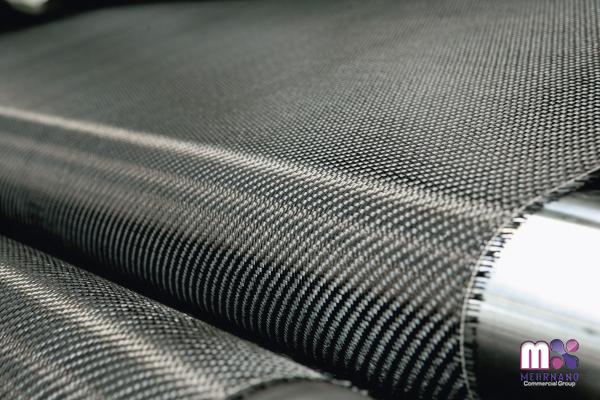 2. Exceptional Stiffness: CNMs also exhibit exceptional stiffness, which refers to their ability to withstand deformation under applied loads. Carbon nanotubes (CNTs), tubular structures made of rolled-up graphene sheets, have an unparalleled stiffness, outperforming steel or other conventional materials. This property allows CNTs to maintain their structural integrity even under intense mechanical stress, making them promising components in the development of strong and lightweight composites. 3. Exceptional Flexibility: Despite their exceptional strength and stiffness, CNMs can also display remarkable flexibility. Graphene, for instance, can be bent or twisted without losing its mechanical properties. This property holds tremendous potential in the design and development of flexible electronic devices, wearable technology, and sensors. Moreover, CNMs can be integrated into textiles and fabrics, enhancing their strength, durability, and potential applications in the healthcare and sports industries.
2. Exceptional Stiffness: CNMs also exhibit exceptional stiffness, which refers to their ability to withstand deformation under applied loads. Carbon nanotubes (CNTs), tubular structures made of rolled-up graphene sheets, have an unparalleled stiffness, outperforming steel or other conventional materials. This property allows CNTs to maintain their structural integrity even under intense mechanical stress, making them promising components in the development of strong and lightweight composites. 3. Exceptional Flexibility: Despite their exceptional strength and stiffness, CNMs can also display remarkable flexibility. Graphene, for instance, can be bent or twisted without losing its mechanical properties. This property holds tremendous potential in the design and development of flexible electronic devices, wearable technology, and sensors. Moreover, CNMs can be integrated into textiles and fabrics, enhancing their strength, durability, and potential applications in the healthcare and sports industries.
..
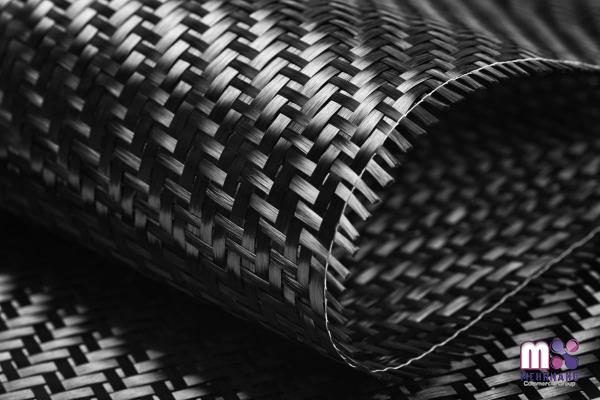 4. Exceptional Toughness: CNMs have shown exceptional toughness, which refers to their ability to absorb energy and resist fracture. Their toughness is attributed to their crystalline structure, which prevents crack propagation. This unique property makes CNMs highly desirable in various applications demanding impact resistance, such as the construction of protective coatings, body armor, and impact-resistant materials for personal protective equipment. 5. Thermal Conductivity: Apart from their mechanical properties, CNMs exhibit excellent thermal conductivity. Graphene, for instance, possesses unparalleled heat conductivity, which enables it to dissipate heat efficiently.
4. Exceptional Toughness: CNMs have shown exceptional toughness, which refers to their ability to absorb energy and resist fracture. Their toughness is attributed to their crystalline structure, which prevents crack propagation. This unique property makes CNMs highly desirable in various applications demanding impact resistance, such as the construction of protective coatings, body armor, and impact-resistant materials for personal protective equipment. 5. Thermal Conductivity: Apart from their mechanical properties, CNMs exhibit excellent thermal conductivity. Graphene, for instance, possesses unparalleled heat conductivity, which enables it to dissipate heat efficiently.
…
 This property has significant implications in electronics, where the demand for efficient heat dissipation is ever-increasing. CNMs find applications in thermal management systems, heat sinks, and electronic devices, enabling higher performance and reliability. Conclusion: The mechanical properties of carbon nano materials are nothing short of remarkable, promising unprecedented advancements in multiple domains. From their exceptional strength and stiffness to their flexibility and toughness, CNMs offer a plethora of possibilities for innovation and optimization in industries such as aerospace, automotive, electronics, healthcare, and beyond. With ongoing research and development, we can expect even more breakthroughs in harnessing the full potential of CNMs, paving the way for a more sustainable and technologically advanced future.
This property has significant implications in electronics, where the demand for efficient heat dissipation is ever-increasing. CNMs find applications in thermal management systems, heat sinks, and electronic devices, enabling higher performance and reliability. Conclusion: The mechanical properties of carbon nano materials are nothing short of remarkable, promising unprecedented advancements in multiple domains. From their exceptional strength and stiffness to their flexibility and toughness, CNMs offer a plethora of possibilities for innovation and optimization in industries such as aerospace, automotive, electronics, healthcare, and beyond. With ongoing research and development, we can expect even more breakthroughs in harnessing the full potential of CNMs, paving the way for a more sustainable and technologically advanced future.

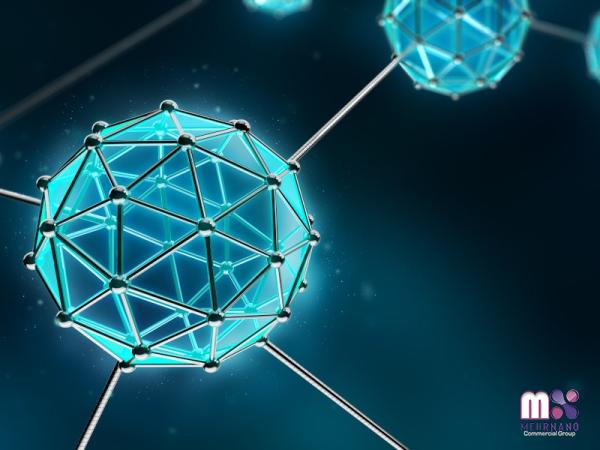

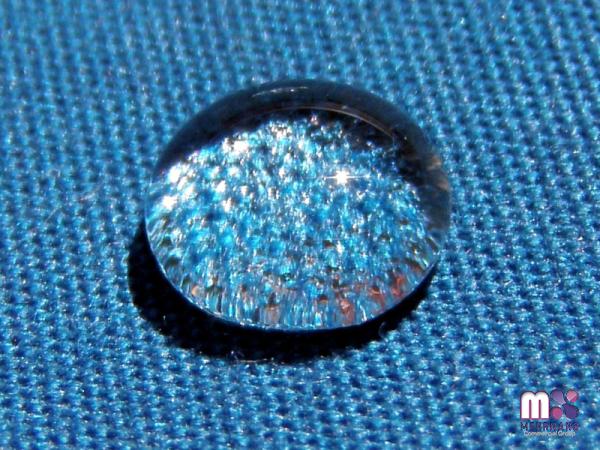




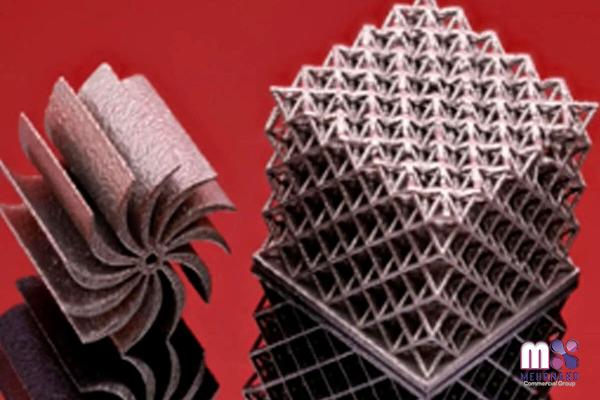
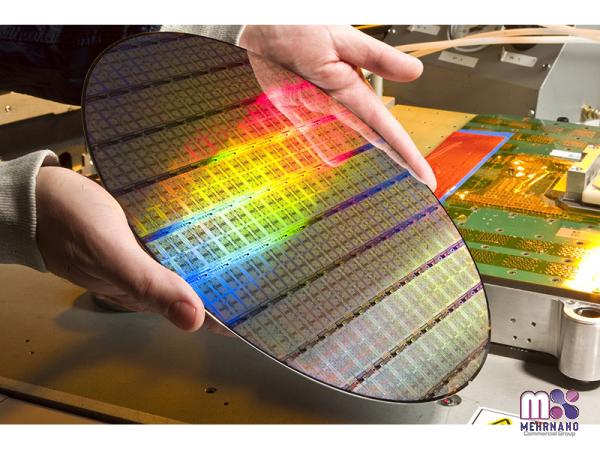
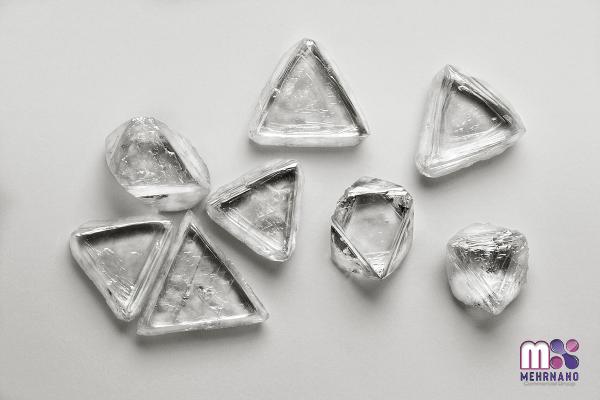
Your comment submitted.